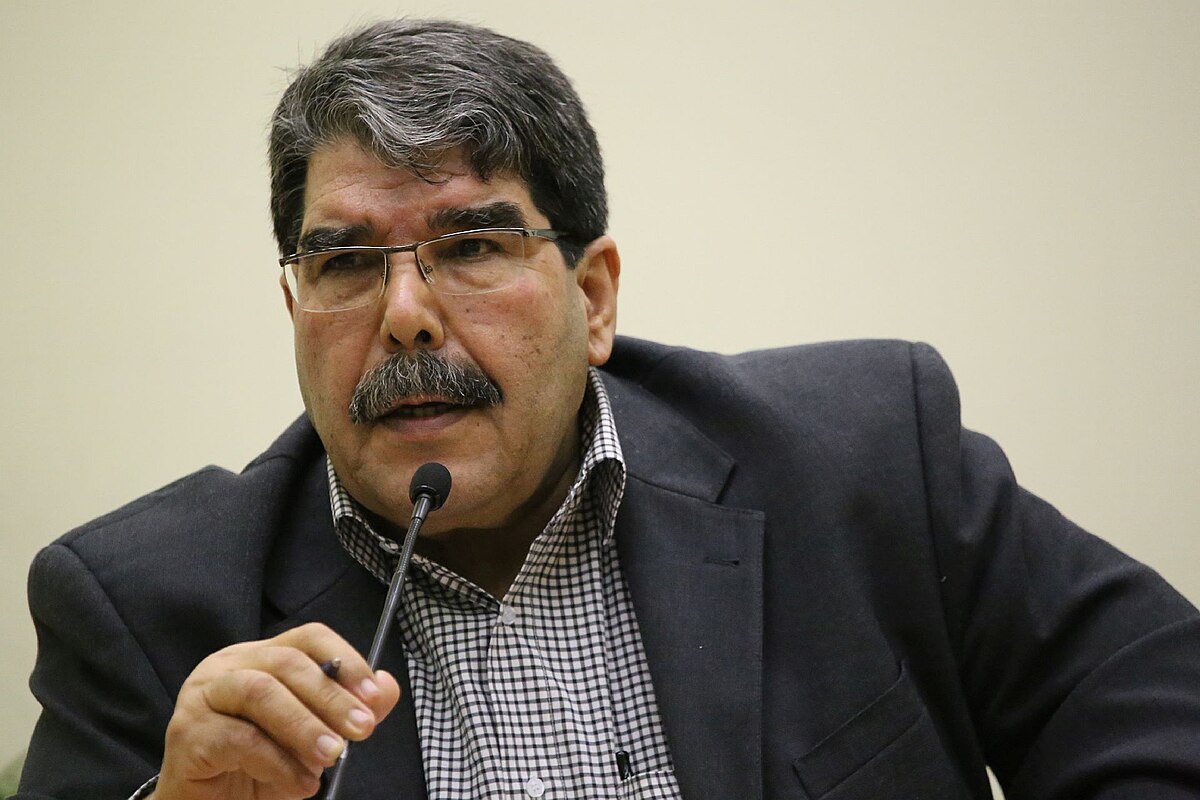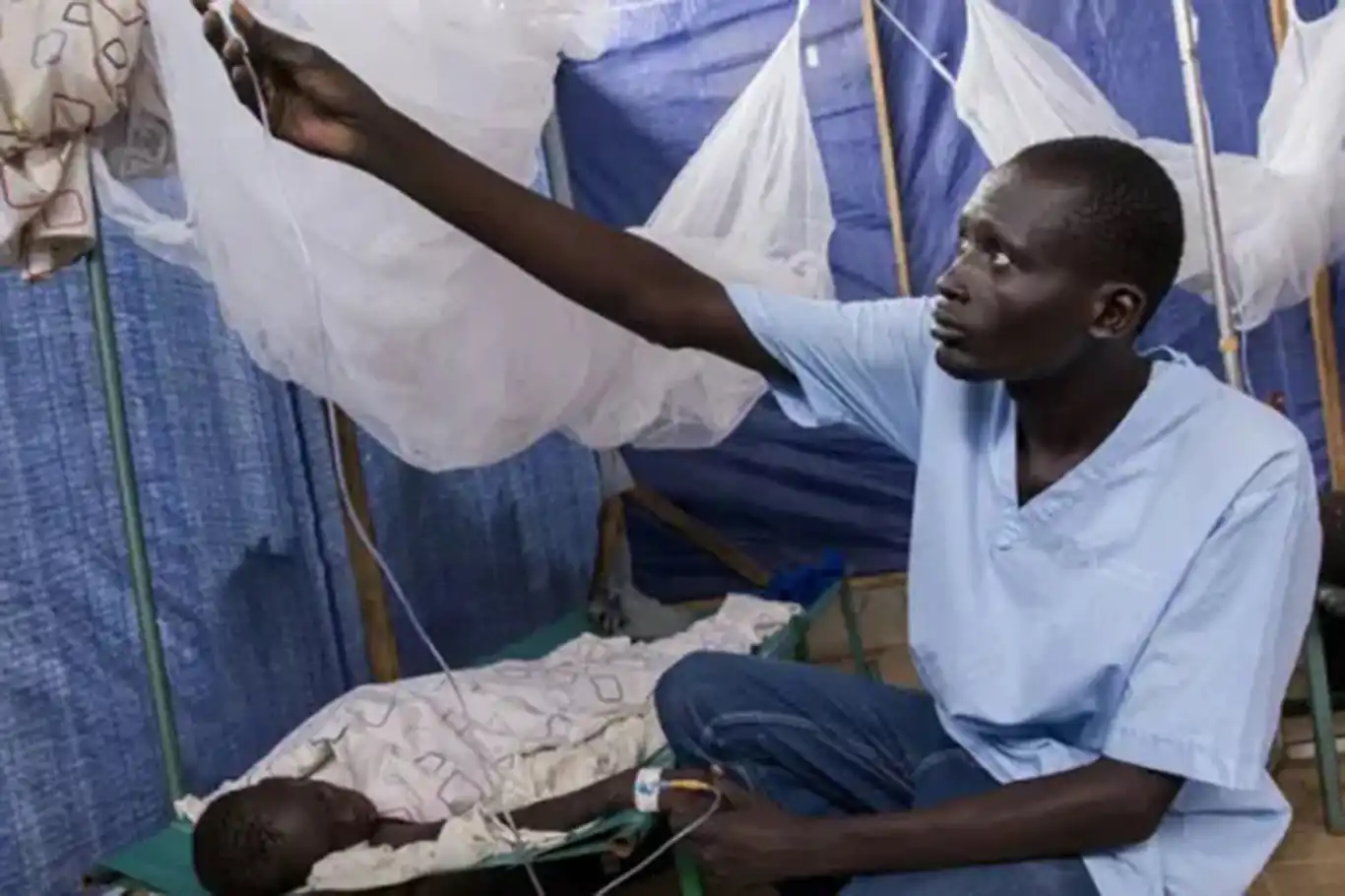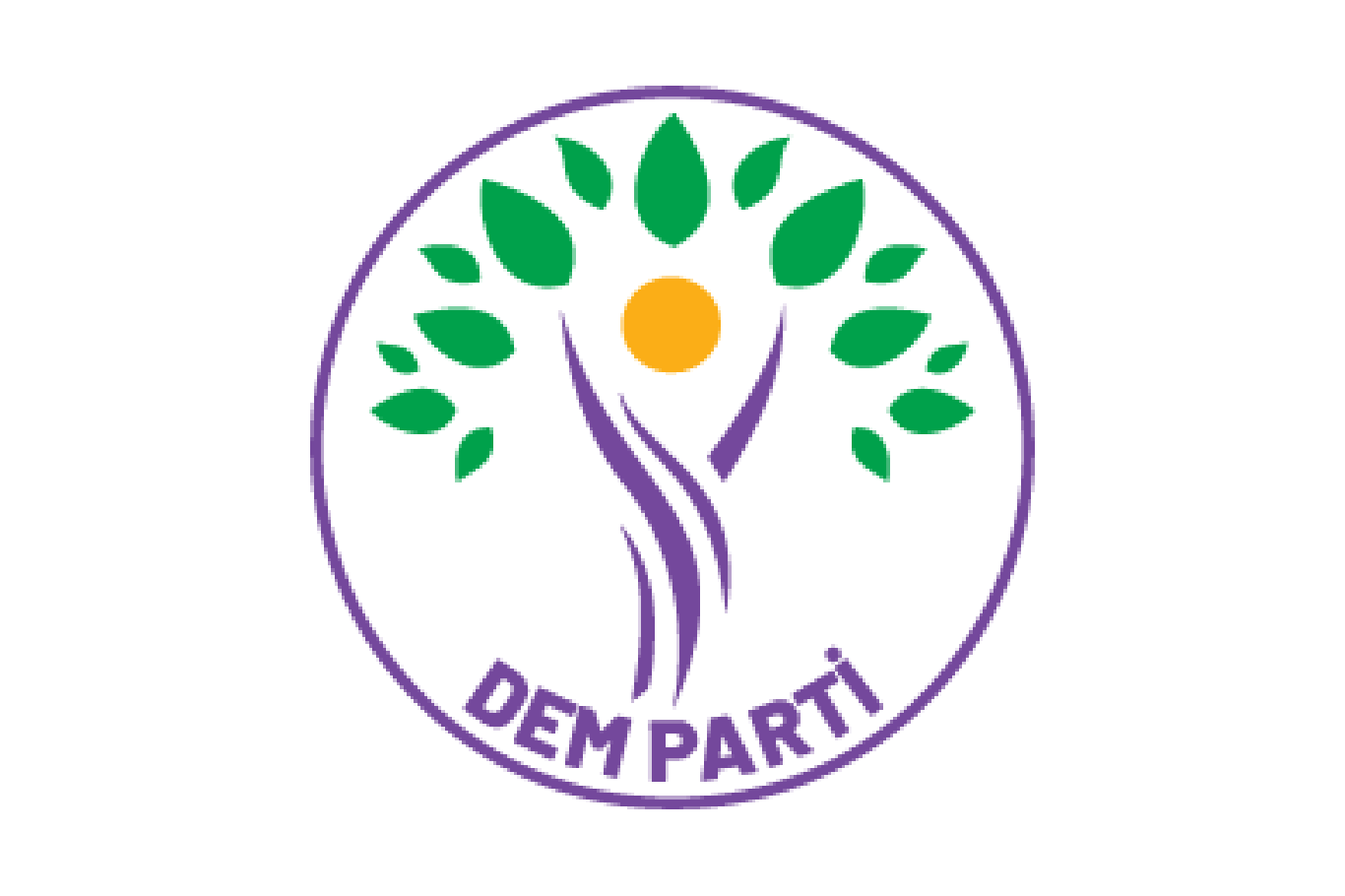WFP faces deep funding crisis for Yemen operations, cuts loom for vital programs
The United Nations World Food Programme (WFP) revealed a looming funding crisis for its operations in Yemen, starting from the end of September.

 Google News'te Doğruhaber'e abone olun.
Google News'te Doğruhaber'e abone olun. This dire situation is anticipated to force WFP to make challenging choices regarding further reductions in its food assistance initiatives across the nation in the upcoming months.
WFP's pivotal programs, encompassing General Food Assistance (GFA), Nutrition, School Feeding, and Resilience Activities, are all expected to bear the brunt of these cuts, affecting a total of 17.7 million interventions in the first half of 2023.
Under the umbrella of General Food Assistance (GFA), approximately 13.1 million beneficiaries in Yemen are currently receiving rations equating to about 40 percent of the standard food basket. However, without a fresh influx of funding, WFP predicts that up to 3 million individuals in the North and 1.4 million beneficiaries in the South could face adverse impacts.
Presently, WFP has the means to cover 6.6 million people in the North and 2.2 million in the South. This will undoubtedly mark a substantial reduction in WFP's efforts across the country, although Yemen will remain one of WFP's largest food assistance operations.
WFP's endeavors to combat malnutrition in Yemen have also felt the squeeze of limited resources. Previously, these efforts reached 1.4 million people, yet due to constraints, WFP can now only extend assistance to 128,000 individuals, with 96,000 in the North and 32,000 in the South, out of an initial target of 2.4 million children, pregnant, breastfeeding women, and girls.
The life-saving Moderate Acute Malnutrition (MAM) treatment program persists, albeit at a reduced scale. WFP has already had to curtail 60% of the planned program, providing aid to 526,000 individuals in the North and 145,300 in the South, out of a planned 1.9 million for the year. The funding shortage arrives at a time when more people are slipping into severe malnutrition.
As the 2023-2024 school year commenced, challenges in Yemen's education sector became evident. The School Feeding program, designed to aid 3.2 million children, now faces the prospect of assisting only 1.8 million due to financial constraints.
WFP Yemen's Resilience and Livelihoods initiative has also taken a hit due to inadequate funding. Thus far this year, out of the planned assistance for 2 million people, only 319,000 have been reached. Delays in cash payments have been notable, prompting a transition of some beneficiaries in the South from cash to food rations.
Richard Ragan, WFP’s Yemen Representative, acknowledged the severity of the situation, stating, "We are confronted with the incredibly tough reality of making decisions to take food from the hungry to feed the starving while millions of Yemenis continue to rely on us for survival. We do not take this decision lightly and are fully cognizant of the suffering these cuts will cause."
To address the dire needs of the most vulnerable families, WFP is planning a retargeting and registration strategy, which will commence in the North in September, followed by a full rollout in October. A similar targeting and registration process is already underway in the South. (ILKHA)



















































